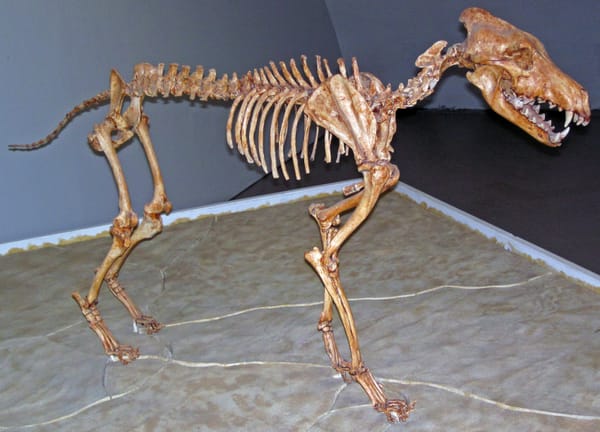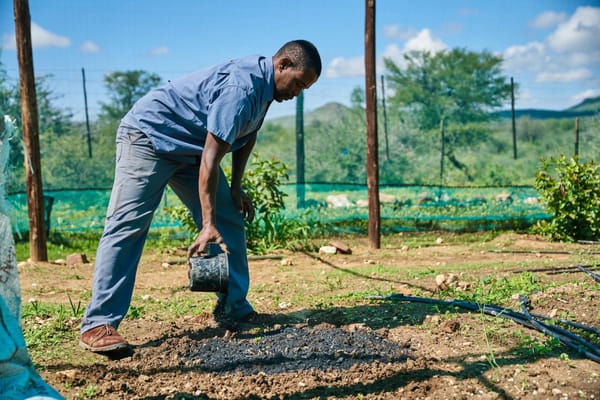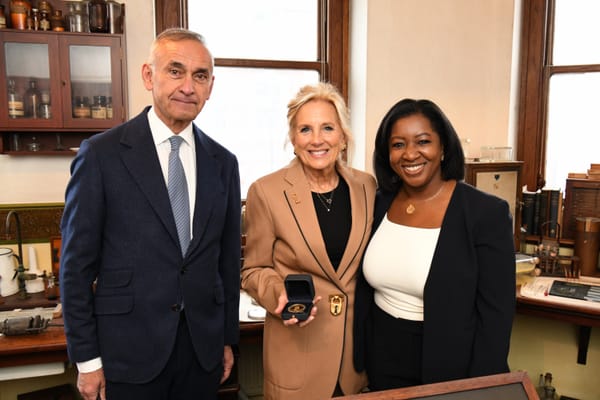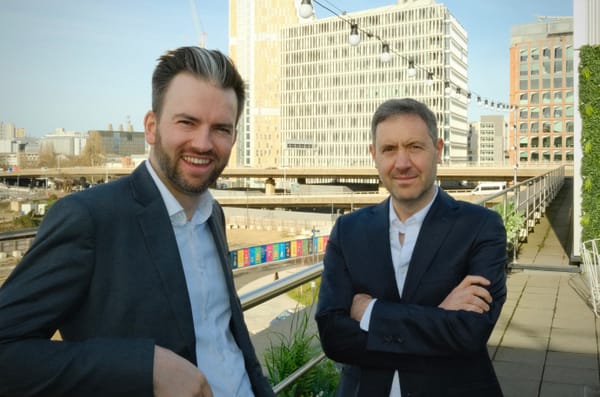Chaplaincy garden revived by RE:GEN

RE:GEN, a student-run campaign that aims to improve green spaces at Imperial, has proved a real success through its renovation of the Chaplaincy Gardens.
Emilio Garcia Padron, a former part-time master’s student at Imperial, pursued this interest by growing RE:GEN with support from Nico Henry, who is now Union President, “I first joined a community garden in the hopes of reconnecting with others following lockdown. Through this experience, I learnt how important these spaces are for the wellbeing of students and vowed to start another wherever I went next.”
Last autumn, the team secured £30k from the President’s Community Fund, for materials and other resources, and a further £10.5k from the Studentships Programme to employ five students over the next summer, with hopes to improve the Chaplaincy Gardens as a green space for students. This first stage of the project has been a brilliant success, introducing useable infrastructure and improving access, while maintaining living hedges and raised beds to promote biodiversity.
Emilio feels green spaces are a cost-effective way to deliver value for students, “Arriving at Imperial is exciting but you can quickly fall into a fast-paced routine that grinds you down. Gardens and green spaces provide the opportunity to breath and truly relax while on campus, and can almost act as a playground for adults.”
The project is ongoing, with four students currently employed, and aims to move towards self-sufficiency in the near-term. RE:GEN also wants to work more with the College to restore other spaces such as the Secret Garden and parts of the Environmental Society garden, keeping students at the heart of these campaigns. If you’d like to get involved in RE:GEN, drop in to the Chaplaincy Garden any Wednesday from 1 to 4pm, or follow @imperial_regen on Instagram.









